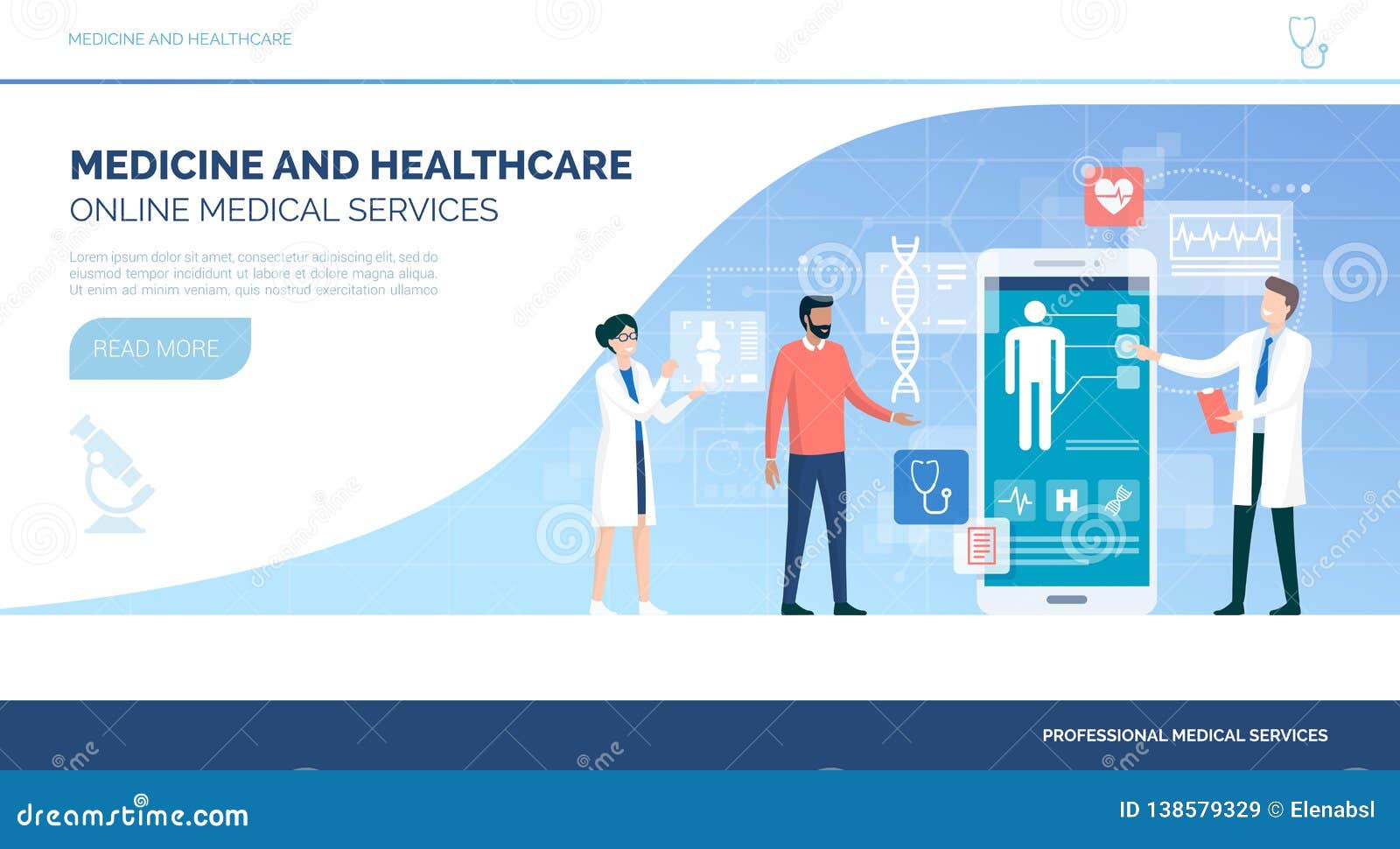The Future of Medicine: Exploring Subscription Based Healthcare Models
The Future of Medicine: Exploring Subscription Based Healthcare Models
Blog Article
Browsing the Future of Medicine With Subscription-Based Healthcare Services
As the health care industry evolves, subscription-based solutions become a crucial design guaranteeing to reshape patient treatment shipment. With the possible to provide streamlined, affordable solutions through predictable rates and tailored interest, these services stand at the forefront of contemporary clinical development. As we consider their increase, one must contemplate the implications of incorporating such systems right into existing healthcare structures. What difficulties do they pose in regards to data safety and security and fair gain access to, and just how might they redefine the patient-provider relationship? The solutions to these questions might basically modify our method to health care.
Surge of Subscription Health Care
As medical care systems all over the world face raising pressures from increasing prices and need for solutions, the development of subscription-based medical care models has emerged as a transformative trend. This cutting-edge strategy is disrupting conventional health care distribution by using a foreseeable, flat-rate payment structure for medical services. Rooted in the concepts of attendant medication, subscription-based medical care allows carriers to concentrate on tailored person treatment while concurrently taking care of operational efficiencies.
The raising customer demand for openness and predictability in health care expenditures has actually driven the shift in the direction of this design. Subscription-based solutions typically supply straight accessibility to health care professionals, which can reduce the administrative problems linked with insurance policy claims and compensations.
This model is getting traction amongst diverse health care carriers, from key treatment medical professionals to specialized centers, by aligning monetary motivations with precautionary and constant treatment. By shifting the focus from volume to value-based treatment, membership medical care has the potential to improve the landscape, fostering an extra sustainable and patient-centered approach to health and wellness monitoring.
Advantages for Patients

In addition, subscription-based solutions often emphasize precautionary care, encouraging regular check-ups and health screenings. This aggressive approach can lead to early detection of health issues, possibly enhancing end results and reducing long-term medical care prices for individuals. Additionally, such designs usually provide transparent rates, permitting people to much better comprehend their health care expenses and avoid unexpected clinical expenses.
The customized nature of subscription-based medical care likewise boosts client experience. Individuals can receive tailored health care plans that fit their specific needs, cultivating a much more patient-centric approach.
Innovation's Duty in Transformation

Expert system (AI) plays an essential duty in anticipating analytics, assisting in very early diagnosis and tailored treatment strategies. AI formulas assess substantial datasets to determine patterns that may be neglected by human observation, hence boosting scientific decision-making. Digital health and wellness records (EHRs) simplify individual information management, guaranteeing continuity and comprehensibility of care throughout different services and carriers.
Blockchain modern technology improves data protection and privacy, crucial for keeping patient count on digital platforms. It makes it possible for clear and safe transactions of medical information, making sure that sensitive info stays protected. With the assimilation of device understanding and AI, blockchain can automate complex medical care processes, reducing management worries.
Considerations and difficulties
While modern technology thrusts the capacities of subscription-based health care services, it additionally introduces a collection of challenges and factors to consider that have to be addressed to make sure effective application. One significant challenge is the equitable accessibility of these services. As membership designs commonly rely on digital platforms, there is a danger of worsening the electronic divide, leaving behind people without net accessibility or digital literacy. Guaranteeing these services do not overmuch benefit only tech-savvy and affluent populations is critical.
Data personal privacy and security stand for an additional critical factor to consider. Subscription-based solutions my website usually require the collection and storage space of large quantities of individual wellness info. Carriers have to follow rigorous information defense guidelines to preserve patient trust and prevent unapproved gain access to, which might bring about substantial honest and legal effects.
In addition, the sustainability of membership versions presents a difficulty. As healthcare requires develop, maintaining a cost-effective equilibrium in between subscription costs and service quality is crucial to stop client dissatisfaction and attrition. Integrating these solutions within conventional medical care systems needs smooth interoperability between platforms, which is frequently a facility and resource-intensive venture. Addressing these difficulties is essential as subscription-based health care solutions continue to broaden and evolve.
Future Ramifications for Medication
Subscription-based healthcare services are poised to dramatically influence the future landscape of medication by reshaping exactly how treatment is accessed and provided. These versions supply the possible to equalize medical care accessibility, supplying people with even more prompt and individualized interventions. By leveraging modern technology, such as telemedicine and information analytics, registration solutions can assist in constant monitoring and tailored wellness monitoring, hence boosting results and decreasing the concern on traditional healthcare systems.
As these solutions gain grip, they might stimulate a change in the direction of preventative care, emphasizing the significance of early discovery and monitoring of chronic problems. This aggressive description method may ultimately lower health care costs by mitigating the requirement for expensive therapies developing from late-stage disease monitoring. Registration versions use a scalable option to deal with variations in healthcare access, especially in rural or underserved populaces.
However, the change towards subscription-based models demands dealing with governing and ethical factors to consider, including information personal privacy and equitable gain access to. As the sector develops, joint efforts between policymakers, modern technology developers, and doctor will certainly be essential to developing durable structures that protect individual passions while promoting innovation. Eventually, these solutions assure to add significantly to a much more reliable, patient-centered healthcare community.

Verdict
Subscription-based medical care solutions represent a substantial evolution in the clinical field, offering foreseeable prices and personalized care that boost accessibility and prioritize safety nets. Technical advancements, such as telemedicine and AI-driven analytics, assist in customized person experiences, improving overall health end results. Obstacles such as information personal privacy and equitable access should be dealt with to guarantee the extensive benefits of these services. As the healthcare landscape develops, membership designs are poised to have a peek here play a vital duty fit the future of medication.
As the healthcare sector advances, subscription-based solutions emerge as a pivotal version guaranteeing to reshape patient treatment shipment.As healthcare systems around the globe face increasing stress from increasing expenses and demand for solutions, the development of subscription-based health care models has actually emerged as a transformative fad (subscription based healthcare).With the increase of subscription-based health care models improving conventional medical care shipment, patients are starting to experience significant benefits from this innovative strategy. As healthcare requires advance, preserving an affordable equilibrium between subscription charges and service high quality is vital to stop patient discontentment and attrition.Subscription-based health care solutions are poised to dramatically influence the future landscape of medication by improving how treatment is accessed and provided
Report this page